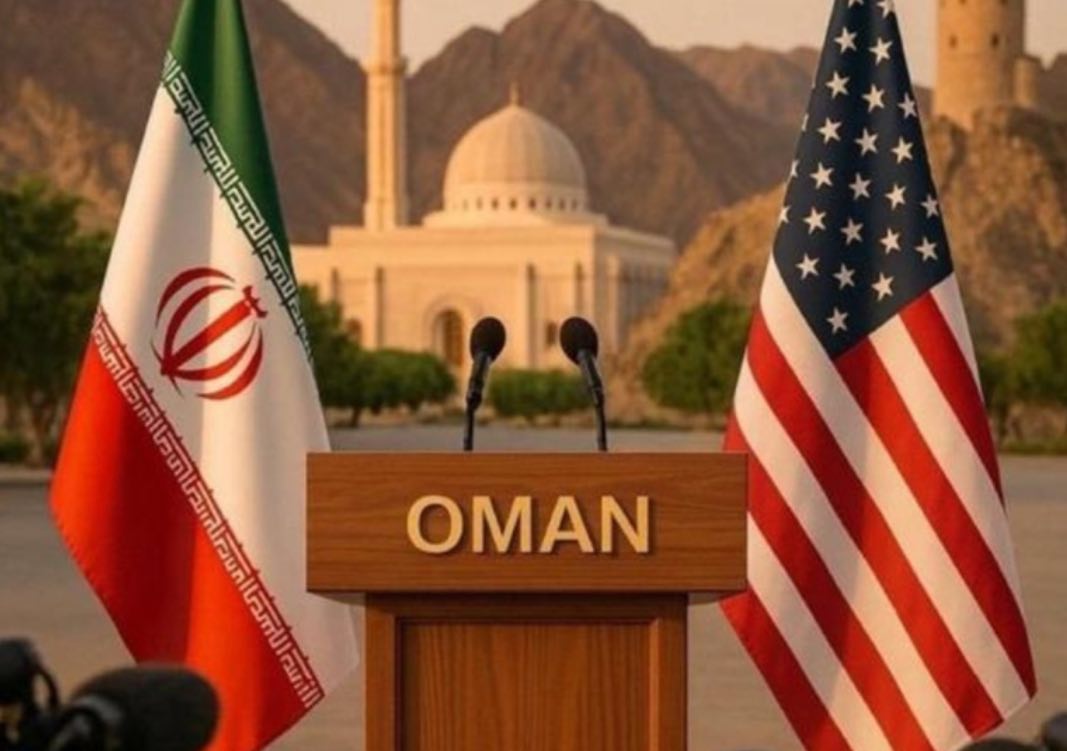Muscat, the Capital of Gulf Diplomacy
Muscat, the Capital of Gulf Diplomacy
In the calm of Muscat, the diplomatic capital of the Gulf, the political chess game between Iran and the United States has once again come to the stage.
The second round of indirect negotiations between Tehran and Washington, set to take place next Saturday, is not only a test of both sides’ resolve but also a strategic confrontation between Iran’s smart diplomacy and the aggressive approach of Donald Trump, the newly returned President to the White House.
Oman, with its stellar record in mediation, has once again provided a platform for dialogue. But will these talks lead to a historic breakthrough, or will they reach a deadlock under the shadow of distrust and maximum pressure?
Iran’s Diplomatic Chess
Iran, drawing on its experience from the JCPOA negotiations and leveraging its regional and nuclear power, has adopted a cautious yet active approach.
Iranian negotiators, led by Seyed Abbas Araghchi, are seeking to reduce crippling sanctions, maintain the independence of foreign policy, and secure lasting guarantees.
Iran’s influence in the Middle East and its relations with Eastern powers like China and Russia have given Tehran the necessary confidence for negotiations.
However, Iran knows that any agreement requires a delicate balance between conceding and preserving national interests.
For Iran, Muscat is not just an opportunity for negotiation but a stage to showcase diplomatic power.
Trump’s Strategy: Pressure or Deal?
Donald Trump, with a record of withdrawing from the JCPOA in 2018 and implementing a maximum pressure policy, has once again taken the helm of U.S. foreign policy.
His approach, a mix of sudden decisions and a penchant for showcasing big successes, has turned the Oman negotiations into an unpredictable field.
Will Trump pursue a second version of maximum pressure, or is he looking for a new agreement that will etch his name in history?
The U.S. is likely aiming to limit Iran’s nuclear program, reduce Tehran’s regional influence, and gain concessions to demonstrate domestic power.
But deep mistrust between the two sides has made his path uneven.
Oman, the Patient Mediator
Oman, with a long history of mediating between Iran and the West, is once again playing its role as a bridge.
From the secret talks of 2013 that led to the JCPOA to the recent dialogues, Muscat has provided an ideal platform for diplomacy due to its neutrality and good relations with both sides.
Oman’s political calm, in contrast to Middle Eastern tensions, has created a space for constructive dialogue.
However, the success of this mediation depends on the political will of Tehran and Washington.
Oman can set the stage, but the main players must choose the next move.
Consequences of the Talks: Hope or Deadlock
The Muscat talks could result in different scenarios. In the best case, a limited agreement or even a return to a framework similar to the JCPOA could reduce sanctions, breathe new life into Iran’s economy, and diminish regional tensions.
Such an agreement would be an opportunity for Iran to attract foreign investment and a political advantage for the U.S. domestically.
But in a pessimistic scenario, the failure of the talks could lead to intensified sanctions, increased military tensions, and instability in the Middle East.
Trump’s role in this is decisive. Will he seek a historic agreement, or will he resort to the tool of sanctions once more?
The Oman talks, beyond a diplomatic dialogue, are a test of the will and wisdom of two powers facing each other.
Iran, relying on its diplomatic flexibility and strategic leverage, and the U.S., with Trump’s unpredictable leadership, have come face to face in Muscat.
Oman, as a patient mediator, keeps the hope for a historic breakthrough alive.
But the main question remains: Will this grand game lead to a lasting agreement, or will it simply turn another page in the long-standing rivalry between Tehran and Washington?
History awaits an answer.

